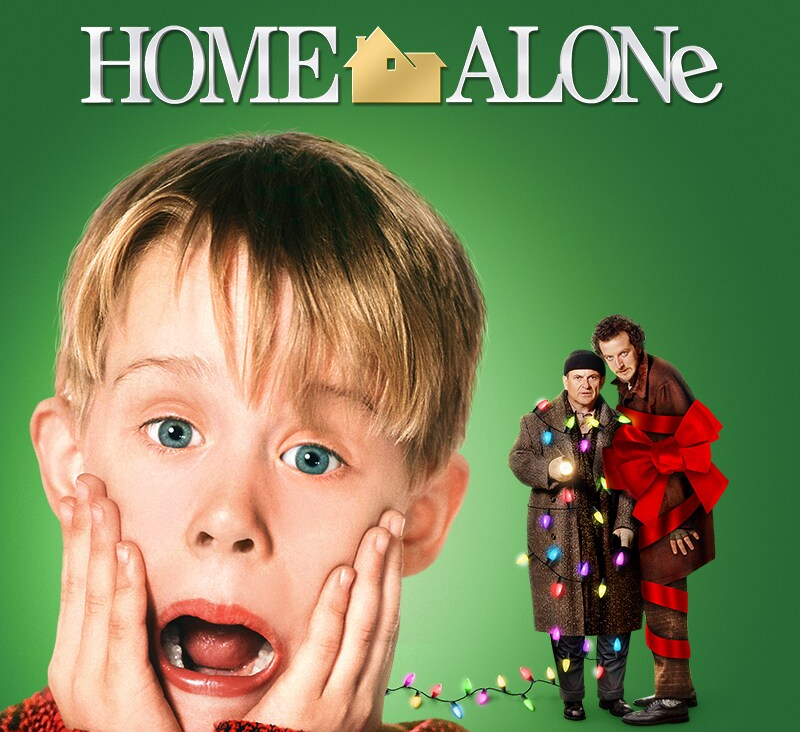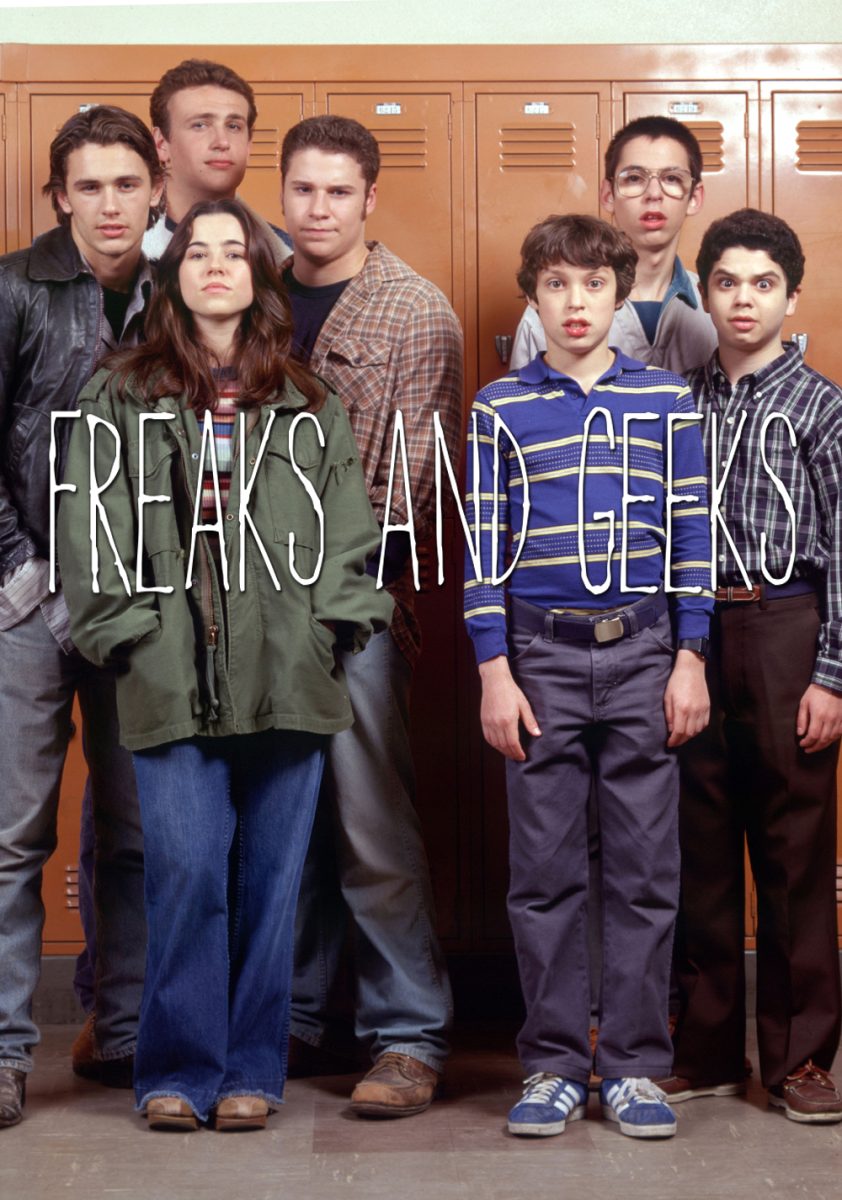
Introduction
Throughout my life, I have found myself to be obsessed with True Crime. Whether it was watching True Crime shows with my mom on the weekends or listening to podcasts during the day: I was fascinated with it. I would watch Netflix, Max, and Hulu series or specials on different crimes all day and night multiple times. I can’t really articulate what I liked so much about it. Maybe it was the gore, the psychology, or just the sheer intrigue in trying to solve a crime, but I was hooked on it. But recently I have found myself reflecting on True Crime and trying to understand why I, like many across the world, am obsessed with it. But, reflecting on why I like it made me realize that maybe it isn’t okay to consume this. I thought about the victims and their families and how this media affects them. I thought of the glorification and romanticization that True Crime potentially brings to heinous criminals. I fell down a rabbit hole of trying to decide whether it is morally right to consume True Crime and still I have not come to the conclusion but here is what I have found.
History
Media exploring True Crime is not a new phenomenon. If anything, it is one of the oldest types of events covered by the news. Crimes even being public knowledge is also not something completely new. In fact, in earlier times public executions and trials were extremely common. In ancient Greece, they were used as cautionary tales to the youth through plays, poems, and dialogues (Texasghosttour). In the 1600s, when the printing-press was first invented, the first massive thing that was covered was crime. Then in the 1700s, police reports became more official and people were being tried and executed in an official manner. This allowed the coverage to be more accurate especially with gory details (newthinking). Not only was it being covered in newspapers, it was also making its way into literature. Non-fiction as well as fiction stories of crimes and detectives started to turn into published books which then became popular especially among stay-at-home mothers. By the 1900s, it had evolved and grew extremely popular. As the genre grew with TV series and movies being created so did the audience. By the 2000s, it became a dominant force in pop culture and has continued to grow at a rapid rate.
What True Crime Media is Today
In the new age of technology, True Crime has moved off of paper and onto online platforms like Youtube, Spotify, and other streaming platforms. There are thousands of creators across the world who make True Crime content. Some make podcasts where they just speak about the crime, podcasts like Crime Junkie, Best True Crime, Dr. Death, and more have amassed thousands, if not millions of listens (spotify). Then there are others who make videos on Youtube where they talk about crime and show images or videos that relate to it and even in some cases do something entirely unrelated like make-up. Creators like Bella Fiori, Eleanor Neale, Kendall Rae, and more have amassed millions of followers all from True Crime (ainfluencer).
But, one of the most popular forms of True Crime that goes the most in depth with interviews and footage is docu-series created by massive streaming platforms like Netflix, Max, and Hulu. There are thousands of docu-series across all these platforms with crimes ranging from fraud to murder. Some of the most popular are Don’t F**k with Cats: Hunting an Internet Killer on Netflix, Quiet on Set: The Dark Side of Kids TV on Max, The Keepers on Netflix, and so many more (imdb). While articles and books are still quite popular, it still seems that videos and podcasts are preferred, and they have made it way easier for people to fall into an obsession with it.
Arguments Against Consuming True Crime
The main argument I found while looking into it was that True Crime media can hurt the victims of this crime and their families. True Crime tends to focus on super dark and traumatizing crimes since that is what people are most interested in and will want to watch. But while some want to watch it for others, seeing an event so traumatizing and dark that a person might have been through might be the worst thing for them. Seeing everyone speak about the dark and gruesome details so openly might bring up bad memories to those affected by the crime. A lot of people who have been through such traumatic experiences like a murder or assault suffer from Post Traumatic Stress Disorder. Seeing the crime spoken about online can cause victims to re-experience the trauma that can cause them to shut down physically and emotionally, withdraw from life, have panic attacks, and have difficulty living their everyday lives (ojp.gov). So is entertainment really worth it if a ton of people are struggling every day just by seeing it?
Another argument I found was that True Crime romanticizes and even glorifies horrific actions and the criminals that commit them. A trope in a lot of romance books are kidnapping and murder. Could that be because of the fact that we have become so desensitized to it that we have actually started to fantasize about it (nytimes)? Serial killers such as Ted Bundy, Jeffrey Dahmer, and more recently Bryan Kohberger have amassed fan bases of young women who think that these men who have senselessly murdered people are attractive. In Ted Bundy’s trial for killing young college girls there were groups of young women in the courtroom who were in love with him.
The twisted love for these criminals, especially Ted Bundy and Jeffrey Dahmer, has been heightened by the fictional biographical series that have been made by Netflix: “Extremely Wicked, Shockingly Evil and Vile” and “Dahmer – Monster: The Jeffrey Dahmer Story.” These two series have widely popularized the two men and even romanticized them since they were played by conventionally attractive actors, Zac Efron as Ted Bundy and Evan Peters as Jeffrey Dahmer. Although the creators of the Jeffrey Dahmer series claimed they were going to focus on the victims, it still focused a lot on Dahmer and all the horrific things he did to his victims. All over social media there were edits and fan posts from these two series all about how attractive the two men were. Bobbi Miller, who has been leading this conversation told CNN, “She felt even more uncomfortable watching the series explode in popularity with the widespread concerns among True Crime watchers that the slickly produced series glamorized Jeffrey Dahmer,” (cnn). It is hard to look past the fact that True Crime has glamourized awful people and made us look past their crimes and view them as celebrities. For another example, Joe Exotic of Netflix’s Tiger King has created a fan base from the documentary series, while he is in jail for attempted murder charges. So the question becomes, can we watch True Crime while still not becoming desensitized to it or glamorizing the awful criminals?
One of the things that really changed my view was the fact that people and corporations are making millions of dollars from this content. True Crime has become an industry. From whole productions for a series or movies to merchandise created by small businesses, there is a ton of money to be made in True Crime. Podcast franchises like “Serial” have been sold to massive corporations for several million dollars and even those who have not been sold to large companies make upwards of 15 million dollars from listeners and ads (forbes). It is not only podcast making a killing: the series “Dahmer – Monster: The Jeffrey Dahmer Story” was produced with a 300 million dollar deal and reached 1 billion hours of watching within the first 60 days (forbes). While it is true that some creators do give a percentage of what they earn to help victims, a large majority don’t. In a majority of cases, victims and their families are left with massive debts or nothing at all. Remember: it takes a lot of money to hire lawyers, set up a funeral, have massive rewards for information regarding the case and more. Not only that, but most of the time victims suffer from severe mental illnesses or from their damaged reputation created by the media and have trouble coming back to the real world and finding a job. It feels wrong that all the money being made in this is all going to either massive corporations or influencers and not the people these events actually affected.
Arguments for Consuming True Crime
There is not really a clear defense I have found when looking into this, but here are some I have come across from fans of True Crime. For a lot of people, this type of content is entertaining and allows them to take their mind off of their daily life. It can help someone relax and gives them a creepy escape. It can also raise awareness of injustices, help unsolved or cold cases, and in some instances, some stories can bring closure to a family. Although, it can also do the opposite (newthinking).
Another reason why people say that they watch this type of stuff is because they want to learn more about it, so they can be safe and cautious in their everyday life. It is no secret that the world we live in now is more dangerous than ever, with how accessible weapons are and the skyrocketing number of people with mental illnesses, it is reasonable that people feel the need to keep themselves safe and aware of their surroundings. A lot of people watch True Crime out of a sense that it helps them know what to do if something were to happen to themselves or their loved ones. When speaking to a massive fan of True Crime she states that the reason why she watches True Crime, “is to know and understand signs when something might be wrong or one of my kids might be hurt.” She also states that the type of True Crime she watches deals with victims that are around the age of her children, since they feel more personal to her. So, perhaps since True Crime does raise awareness and inform people on crimes, maybe it is an ethical form of entertainment.
My Thoughts
I want to share some of my thoughts in regard to everything I have just written, since I have not stopped thinking about it for the past couple weeks. While what I stated above might be the case for some people, I do think that there might be a much darker and evil reason why people really enjoy and consume True Crime. The real reason I think is that we as humans want to really see the true horrors and gore that comes with awful horrific crimes. It also might be the psychological pleasure that comes with seeing the absolute horrors that have happened to people. I mean some of the most popular movie genres are horror or thriller, so is it any surprise that people love gore? I think it also might be psychological curiosity, the fact that people want to understand the horrific nature that would push someone to commit such a horrific act such as murder. Most people in this world could not even think of murdering anyone (at least we hope). So trying to understand what would push someone to do that and understand the psychology of it is fascinating for some people. It is in human nature to be curious, especially about things we don’t understand or that are even crazy, bizarre, or out of our realm of possibility. So, maybe it is in human nature to consume and enjoy True Crime because it’s fascinating and intriguing to us, since it is so bizarre and out of the realm of anything that we would do.
Conclusion
After reading this article you might be thinking, how do you ethically consume True Crime? Well from all the articles I have read about it, I think the only way to consume True Crime ethically is by making sure that it is putting the victims and their families before anything else, especially the criminals. Also, watching True Crime not just about one case but instead on multiple different types of cases including missing and exploited Indigenous people and of other people of color (cnn). This allows the viewer to be smarter and more aware of what is going on.
I also think it is vital to the consumption of this media for the fans to recognize that these stories are not fictional. Even if a serial killer is played by a hunky actor, audiences must remember that there are actual people who have suffered these horrific crimes. Bobbi Miller puts this into perspective when she said, “ ‘Star Wars’ and Marvel fandoms treat their fiction as if it’s real, whereas True Crime fandoms treat something very real as fiction” (cnn). It comes down to being mindful about what you are watching and if it is putting victims before criminals and is not glorifying or romanticizing any parts of the crime. So what I suggest doing is sitting down and doing some research on your favorite True Crime creators or content and making sure that what they are doing is right by the victims. One question to keep in mind derives from the Golden Rule: if you were the victim of the same crime you are watching or listening to, would you be okay with the way it is being covered?



























